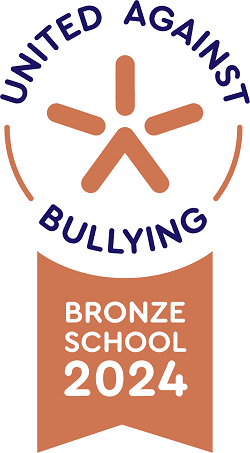Chemistry
Want to understand the world you live in?
- Chemistry analyses and develops new materials
- Chemistry explains the behaviour of substances
- Chemistry reveals the fundamental ideas of all particles
Chemistry is the scientific study of matter and chemical reactions that take place between atoms. This makes Chemistry a vast subject, whether you are studying the 34 elements making up a human body, synthesising a new medicine or discovering nanoparticles for a use yet to be found. This course is aimed at people who want to know more about the everyday substances they encounter, how they behave and the environment in which they live. It can lead on to a variety of careers in the medical field, in pharmaceuticals, environmental chemistry, or support study on to a variety of applied degrees.
Method of assessment
A level – there are three exams, two of which are 2 hours 15 minutes in duration covering the content. There are short answer questions, long answer questions and multiple choice questions. There will be a third exam, 1h 30 min in duration unifying concepts across Chemistry.
Year 12 – development of practical skills embedded throughout the content of the specification. In addition “How Science Works” and mathematical requirements are integrated throughout. Assessment of these skills is through the terminal exam.
Year 13 – practical endorsement reported separately but no grade weighting. 12 specific practical skill areas assessed throughout the course.
Topic areas covered
Year 12 – four teaching modules:
- Development of practical skills in Chemistry
- Foundations in Chemistry (atomic structure, amount of substance, acids, bonding and molecules)
- Periodic table and energy
- Core organic chemistry and analysis
Year 13 – split into six teaching modules:
- Development of practical skills.
- Foundations in Chemistry
- Periodic table and energy
- Core organic chemistry and analysis
- Physical chemistry and transition elements
- Synthesis and analytical techniques
A level content – split into six teaching modules:
- Development of practical skills
- Foundations in chemistry
- Periodic table and energy
- Core organic chemistry and analysis
- Physical chemistry and transition elements
- Synthesis and analytical techniques.

